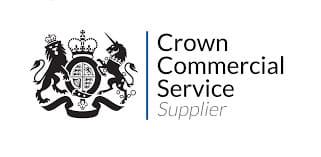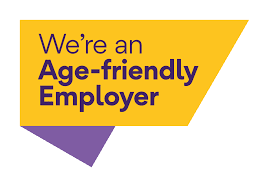Charity Talks: the importance of clear thinking
For the last few years I have regularly attended the Charity Talks held at Cass Business School by the Centre for Charity Effectiveness. November’s talk was particularly special: it was the 25th anniversary event, and the last one that my old professor, Ian Bruce, was organising. We heard from Helen Stephenson, the CEO of the Charity Commission, and my former masters supervisor, Caroline Copeman, who gave the academic response.
Helen said a number of interesting things. She reinforced the point that charity is a crucial part of society, and it is so strongly woven into our collective fabric that we are all beneficiaries in one form or another. I suspect most people out for a stroll in the woods don’t realise that they are benefiting from the work of the Woodland Trust. Or those attending a sports event don’t join the dots to realise that the facility they are in is in fact a charity.
On a more serious note, Helen highlighted that serious incident reporting to the Charity Commission has increased from 54 to 287 year on year; and, in addition, levels of trust in charities are at the lowest level ever. There is much to do as leaders in the sector. One of the encouraging things the Commission is seeking to do is, when holding charities to account, to focus on behaviour and not just compliance with the law. This really gets to the heart of the matter – and reflects the outputs of Civil Society Futures’ two-year review, as launched by Julia Unwin last month (https://civilsocietyfutures.org).
Caroline Copeman then built on this further, as she discussed the principles of building trust and how this is done in the boardroom. Her principles are: critical thinking; avoiding groupthink; and building and rebuilding trust. The new Code of Governance provides a great framework to focus on behaviour. Indeed, Caroline said that “Complex decision-making requires us to think better” – if we have a commitment to good governance and leadership, we also need a commitment to improving our thinking processes.

Contact us
Call us on 07930 356305 or email HQ@russam.co.uk








